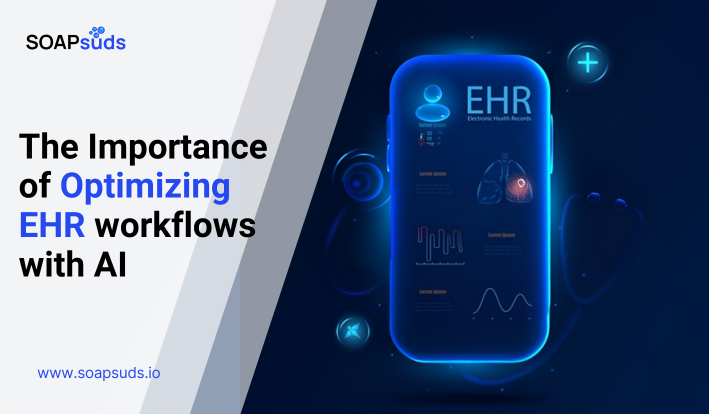Will AI Replace Medical Coders in 2025
SOAPsuds team
Published: 4/7/2025
SOAPsuds team
Published: 4/7/2025

Optimizing your Electronic Health Record (EHR) workflow is essential. This guide provides useful strategies...

Million people in the U.S. experience speech or language difficulties, and Speech-Language Pathologists (SLPs)...

Medical transcription has gone through several stages—from handwritten notes to digital recording. But is...

To improve the efficiency of your medical practice, it’s essential to first identify the factors...

Artificial intelligence is now a regular part of healthcare, from creating clinical notes to supporting

Since AI emerged in the 1950s, its use across industries has improved work processes, with...
Clinical Notes
SOAP notes
DAP notes
AI medical notes